“People want to work for an organisation that empowers them”
Simon Wilson
Simon Wilson was appointed CEO of Markel Insurance in March 2025. He joined Markel in 2010 to spearhead the international business development of the insurance group, having worked at Lloyd’s for seven years. Thanks to his international mindset he became the primary driver of the expansion of Markel International, scaling operations in Europe, Canada, and Asia.
Wilson recognizes the variety of cultural norms and risk profiles from market to market but follows a constant pathway to success in insurance: “Understand your customers’ needs and exceed their expectations,” he says. As CEO of Markel Insurance he is set to simplify the way the insurer does its business. In January 2020, Wilson was appointed Managing Executive of Global Strategy for Markel and became President of Markel International in 2021. Prior to joining the company, Wilson led the Lloyd's Asia platform in Singapore.
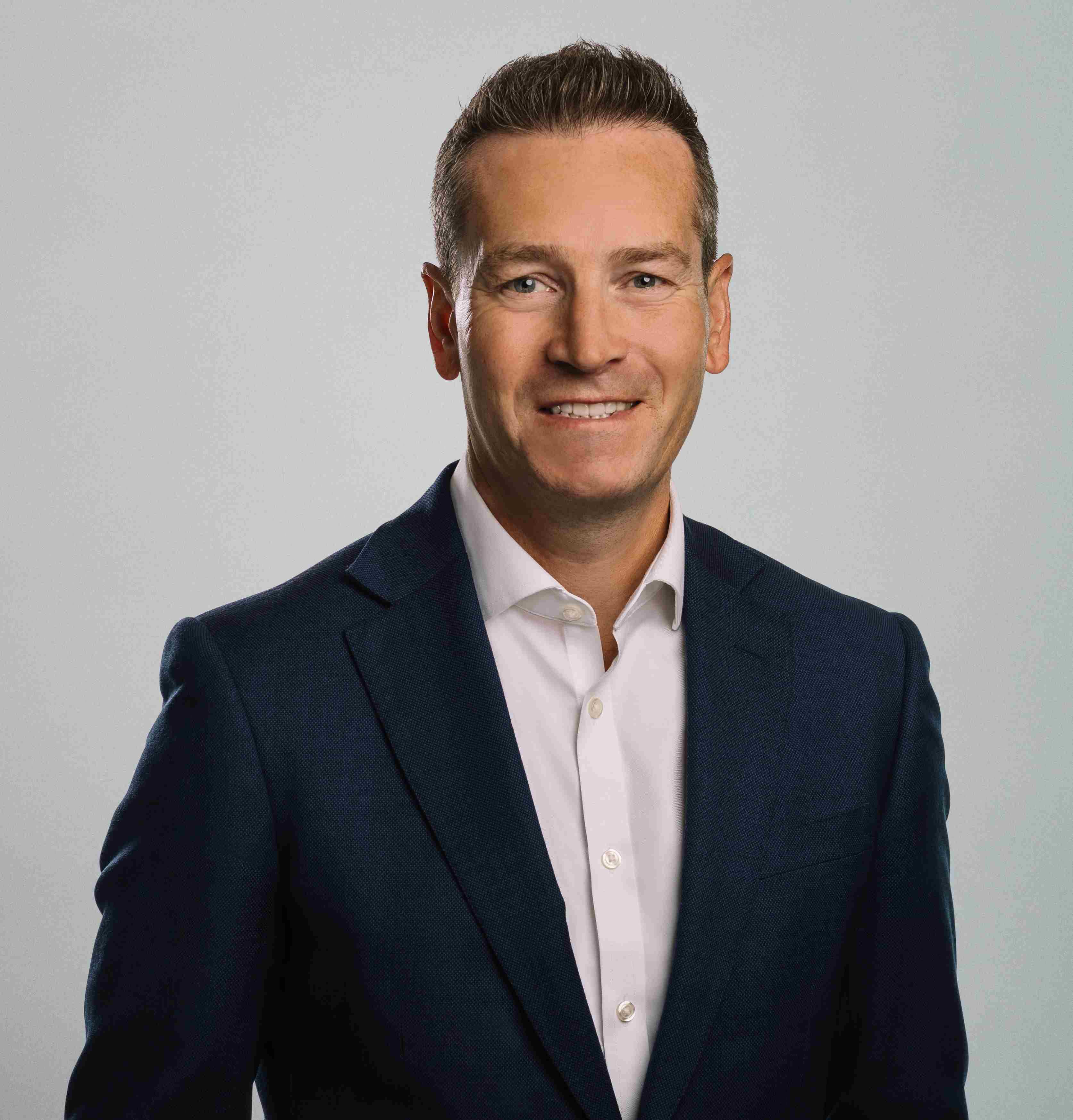
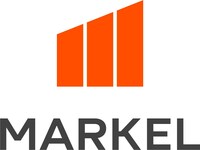
About Markel Insurance
Summary
It is too early to say how big the impact of Artificial Intelligence will be on insurance, says Wilson, but there are many small projects on the way that will eventually have a transformative effect. Risk assessment and quantification has changed fundamentally and even rather traditional lines of business such as marine insurance use data and analytics that support underwriters. “Because of the way we have empowered our staff, we're seeing solutions coming from all over the business,” underlines Wilson.
Interview between Michał Trochimczuk, President of Sollers Consulting, and Simon Wilson, CEO of Markel Insurance
Michał Trochimczuk: Last 25 years: What have been the most important technological developments for the insurance industry in the last 25 years and what significance have they had for Markel's business?
Simon Wilson: One of the biggest developments has been how we quantify and assess risk. From actuarial pricing and portfolio management techniques, catastrophe models, new sources of data including IoT, we now have a lot more sophisticated tools available to the underwriters. As a result, we are able to make better decisions, faster. A great example of this is in marine insurance, which used to be a very traditionally underwritten part of the market. Now we have data that tracks the journey of every ship we insure, and increasingly sophisticated analytics that support the underwriters in making judgements based on that data.
Michał Trochimczuk: Current challenges: The world is currently facing numerous geopolitical, economic and environmental challenges. Which do you consider to be the most important from Markel’s perspective? How are you tackling them?
Simon Wilson: As the world faces increasing risks, we at Markel have the responsibility to our customers to find new solutions to help manage that risk. Economic risk is probably front of mind at the moment, but we are providing risk solutions across all of the areas you mention: marine war cover to protect against geopolitical uncertainty, trade credit and surety products that provide some level of insulation against the impacts of economic uncertainty, and in the environmental space we have a growing book of renewable energy business and are looking at battery storage products to support the transitioning economy.
Michał Trochimczuk: Next 25 years: What changes will have the greatest impact on the insurance industry in the future? What do you expect for Markel's business? What role will technological developments such as AI, IoT, quantum computers, etc. play?
Simon Wilson: I think it is still early days in terms of understanding the impact AI will have on insurance. At Markel, we made a conscious decision to engage with AI early. We were the first insurance company globally to roll out Microsoft 365 Co-pilot to all our staff and we have had great adoption rates with over 60% actively using it. We are starting to see some productivity gains, but the real benefit is for our people to get comfortable with AI and start to understand how it can transform what we do. It's only when we combine that deep understanding our teams have of their products and processes with knowledge of the technology that we'll have solutions that will have a big impact. Because of the way we have empowered our staff, we're seeing solutions coming from all over the business rather than from big centrally managed IT projects. For example, we have an individual on our graduate programme in Leeds building a chatbot for underwriting guidelines and a university student on a placement programme in Toronto developing submission triage models. I don't think it will be one big change but as more people apply technology to the very specific problems they face, I think we will see a transformation in the industry over the next 25 years.
Michał Trochimczuk: What specific business objectives is Markel seeking to achieve through the ongoing implementation of Guidewire ClaimCenter? In what ways do you expect the new system to enhance both operational efficiency and your broader strategic aims?
Simon Wilson: We're really proud of the claims service we provide to our customers. We've won a lot of awards for it. As we continue to grow, it's critical that our claims handlers have great tools and data to ensure they can continue to provide that service. Currently, they work with many different systems. We believe that providing a single system for claims processing will improve both operational efficiency and the ability to make better decisions. One critical aspect of this is our business outside of London, we've been growing across Asia Pacific, where we do not have the benefits of market-level workflow through Electronic Claims Facility 2 (ECF2) (1). ClaimsCenter will give us the platform to be able to manage our bureau and non-bureau claims effectively. The final thing we're really excited about is being able to do more enhanced analytics. We've seen the transformative power of great analytics in our underwriting teams over the past few years but claims management is relatively immature in this area across the market. ClaimsCenter will give us the data platform to take claims analytics to the next level.
Michał Trochimczuk: As a newly appointed CEO, what is your approach to leadership, and how do you ensure it resonates across the organisation?
Simon Wilson: My approach to leadership has always been to find great people, empower them to do their job and then hold them accountable. I think that resonates with people no matter where they are. People want to work for an organisation that empowers them.
(1) The Electronic Claims File, ECF2 allows Lloyd’s & Company carriers to review and respond to claims electronically from one central system.
https://www.ecfinfo.com/training/about/ecf-imr-ecf-2comms/
CEO Voices Interviews
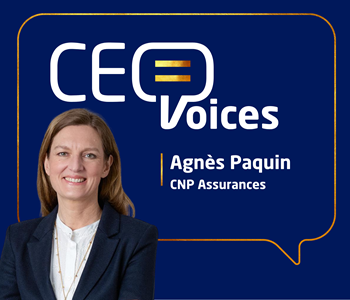


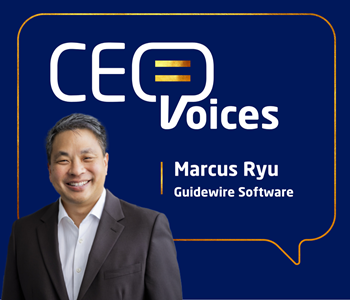
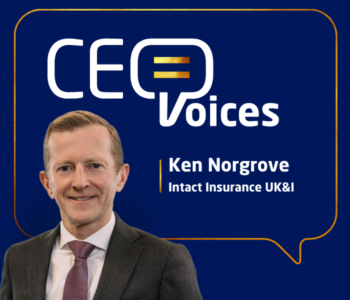

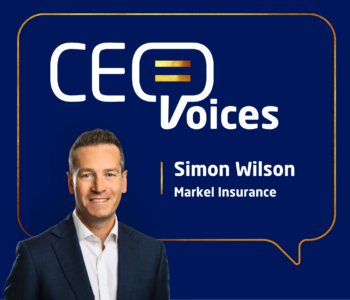
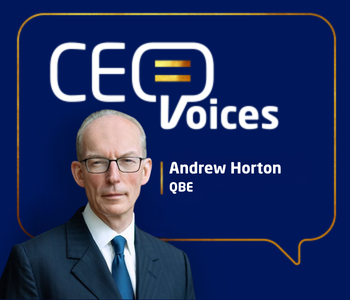
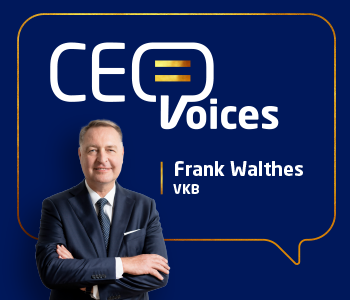
Share Your thoughts

